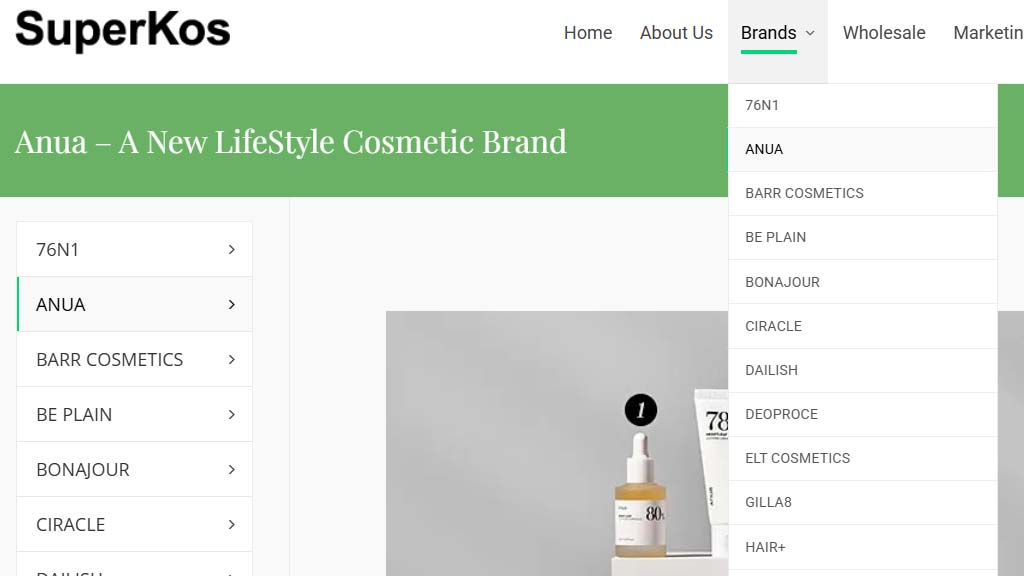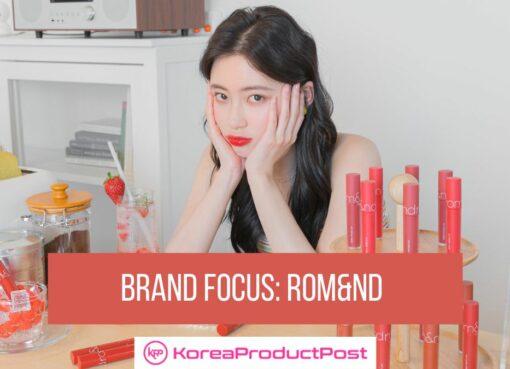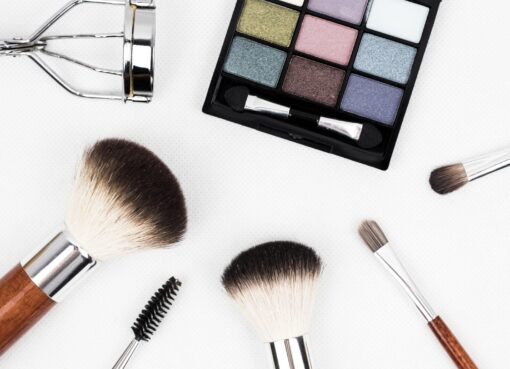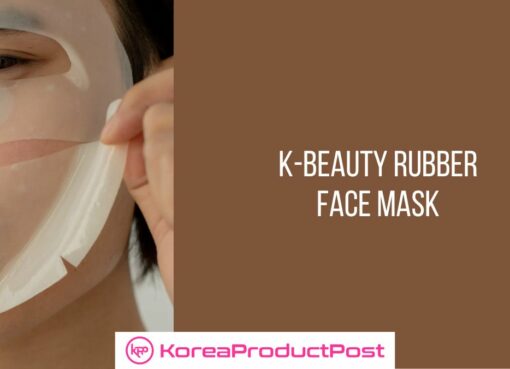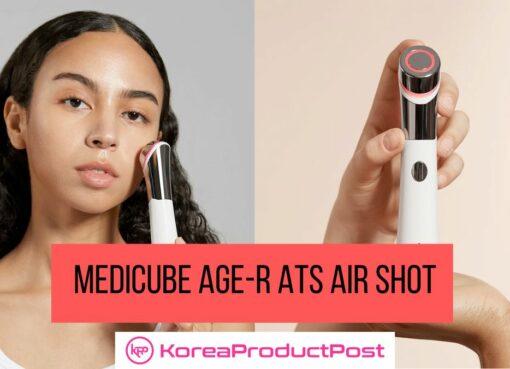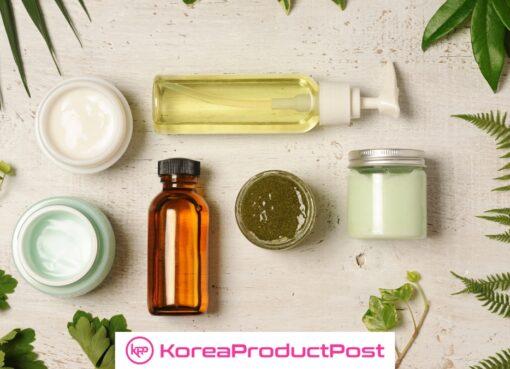You’ve seen the hype—K-beauty shelves, TikTok hauls, glowing reviews from Seoul to São Paulo. But once you decide to actually source Korean products online for your business, it’s a maze. Some platforms promise bulk deals and “authentic” stock, only to leave you chasing refunds and dodging customs drama. So how do experienced resellers actually find what works? And how can you tell which deal ends up costing you later? Let’s break it down where to buy wholesale Korean products online and how to navigate behind sellers’ “cheap” baiting—properly.
Why Global Buyers Are Flocking to Korean Products Online
Who dares to say that K-beauty is a mere passing trend? With more than a decade of long standing presence, it’s no longer a niche. Because K-beauty has now become a global category with real commercial traction, especially for resellers, e-commerce startups, and boutique curators.
Whether you’re stocking for your TikTok shop, launching a skincare brand, or just trying to avoid dodgy middlemen, Korean products—especially cosmetics, wellness items, and K-pop merchandise—offer unmatched appeal.
But here’s the truth most blogs don’t tell you: not every wholesale source is worth your time or trust.

Behind the shiny packaging, the real differentiator is access. And over the years, smart sourcing isn’t about who has the lowest price, it’s about who offers real brand partnerships, verified authenticity, and post-purchase support.
Now, take a closer look at the best wholesale Korean product platforms, and what your business needs to know before clicking ‘order.’
7 Famous Online Platforms for Buying Korean Products Wholesale
1. Q-depot
Firstly, we have Q-depot, which has built a reputation among K-beauty resellers in over 100 countries. And it’s not just for its catalogue of 500+ brands like COSRX, SOME BY MI, and Beauty of Joseon, but for the operational safety net it provides. Optional Certificates of Origin, low MOQs, and full customs support reduce the usual sourcing anxiety, especially for international small businesses.
Its edge lies in backend tools like ERP analytics that help you track trends before they go viral. You might notice prices slightly above competitors for small batches, but what you gain in legal protection and delivery consistency often offsets the markup.
2. UMMA
UMMA doesn’t flood you with options, but also curates them. Featuring 180+ high-demand K-beauty brands, this platform is designed for e-commerce teams looking to scale with confidence. Their U-Quick service pushes out hot products within 48 hours, and every purchase includes Certificates of Authenticity—critical for avoiding customs flags or third-party bans.
Their cashback perks and monthly giveaways add up over time, but there’s one limitation: MOQs aren’t clearly listed. You’ll need to register and apply for access to individual brand lines before moving forward.
3. StyleKorean Wholesale
StyleKorean has made data its superpower. Rather than simply stocking trending brands like SKIN1004, Anua, and Round Lab, it uses AI to forecast demand seasonally and keep inventory aligned. If you’re building a portfolio tailored to regional trends, this kind of demand-based curation is a major advantage.
Their wholesale access is gated: applicants are screened, and inactive accounts can be deactivated after three months. Still, the payoff is strong for brands that want early access to seasonal or viral collections.
4. SuperKos
For mid-sized e-commerce shops, SuperKos often feels like a well-kept secret. It caters directly to growing resellers and supports requests for specific SKUs—making it particularly helpful for those hunting for brands like Etude House, Holika Holika, or The Saem.
With a reasonable $500 MOQ and a track record of personalized service, this is where many smaller resellers find their footing. Just be aware that pricing isn’t shown upfront; most transactions begin with a direct inquiry or email, which may not suit fast-moving dropshippers.
5. AsianBeautyWholesale
If you’ve ever browsed YesStyle, you’ll already be familiar with AsianBeautyWholesale’s reach—but their B2B model is surprisingly flexible. With MOQs as low as one item and a $250 minimum cart, this is an ideal option for small businesses or test launches of niche K-beauty lines like Jumiso or Anskin.
They ship quickly for in-stock items, but be ready for variability—some preorder SKUs can take weeks. Still, if you’re starting small and want breadth of choice with minimal commitment, this is one of the most forgiving entry points.
6. YESBEE
YESBEE goes beyond just skincare—it bundles cosmetics, Korean snacks, and even K-pop albums under one wholesale roof. If your business model blends lifestyle curation, subscription boxes, or cultural gifting, this one’s a flexible partner.
They’ve recently updated their interface (as of February 2025), improving both search filters and transparency on bulk pricing. It’s especially useful if you’re assembling varied product lines and want to avoid platform-hopping.
7. buyKOREA
If you’re sourcing at scale—or building a diversified catalog that goes beyond beauty—buyKOREA opens the door to a wide spectrum of verified Korean manufacturers. It’s less a webshop and more a B2B directory, connecting you directly with suppliers in skincare, fashion, electronics, and beyond.
The advantage? Verified legitimacy and industry-level procurement. The challenge? It’s not plug-and-play. You’ll need to request quotes, negotiate MOQs, and manage logistics manually—ideal for experienced buyers with specific sourcing strategies, but potentially overwhelming for newcomers.
What Makes a Platform Truly Reliable?
Let’s be honest, “cheap Korean products online” is the bait that pulls most buyers in. But here’s what actually determines if you’re making a smart business decision:
Authenticity Certificates (COA, Certificate of Origin)
Think of this as a receipt from the brand itself. It proves that what you’re buying isn’t a knockoff or expired factory surplus. Without it, customs can seize your shipment—or worse, your customers could end up with fake products.
Customs-Friendly Invoicing + HS Codes
This isn’t just paperwork. Customs agencies use HS codes to classify what’s inside your package and decide what taxes or duties apply. If your supplier gets this wrong—or leaves it out entirely—you’re the one paying for delays or penalties.
MOQs That Actually Fit Your Business
MOQ stands for minimum order quantity. Some sites expect you to buy 1,000 units just to open an account. Smart platforms offer flexible MOQs so you can test products without betting your entire budget on one shot.
Real Customer Reviews on Reddit, Quora, TrustPilot, and ResellerRatings
Don’t just trust testimonials posted on the company’s own website. Verified reviews on third-party platforms give you a better picture of how they treat customers after the sale is made.
Support That Doesn’t Disappear After Checkout
Things go wrong. Bottles break, boxes go missing, stock runs out. If your platform has no clear refund or replacement policy, you get stuck with the loss.
Legal Protection for Your Business
Want to resell? Build your own label? Then the paperwork needs to be in place. Without proper documentation, you can’t prove your supply chain is clean—and you risk legal issues with both customers and regulators.
Bottom line:
If a platform hides its prices, doesn’t answer your emails, or dodges questions about authenticity—walk away. That kind of “cheap” will cost you more than it saves.

Physical Sourcing in Korea: Is It Still Worth It?
Yes—but only if you know what you’re doing.
Myeongdong and Hongdae still serve as sourcing hubs, especially for bulk in-store discounts. Direct brand purchases from Etude House or Innisfree flagships are possible, but not always discounted unless you prove business intent. Plus, language barriers and import declarations are your responsibility.
Unless you’re fluent in Korean, understand customs paperwork, and know how to navigate local taxation, online B2B platforms remain your safest and most cost-effective route.
Pay Attention Before You Buy Wholesale Korean Products Online: Cheap Can Be Costly
It’s not just about finding “cheap” Korean products online—it’s about spotting the red flags before they burn your budget and your brand. Starting from 2025, several new risks have emerged in the wholesale landscape:
- AI-generated reviews: Smaller B2B platforms now flood their listings with machine-generated praise. If reviews sound copy-pasted or suspiciously perfect, they probably are.
- Unofficial K-pop merch: Reselling items without proper licensing can land you in legal trouble. Only buy from platforms that list brand partnerships or distribution rights.
- Counterfeit “clean” or “vegan” claims: Labels like “eco-friendly” or “vegan” are now slapped on many unverified products. If there’s no COSMOS or official certification, assume it’s marketing fluff.
- Telegram B2B repackaging scams: Expired or old-season stock is being repackaged and passed off as new on private Telegram groups. Unless your platform shows real-time stock logs and expiration transparency—don’t risk it.
This is exactly why platforms like Q-depot, UMMA, and StyleKorean remain ahead—they integrate real-time stock monitoring, authenticity documentation, and long-term brand relationships. If a supplier dodges these questions, it’s time to reconsider.
Buy Your Wholesale Korean Products Online the Smart Way
Finally, before you buy wholesale Korean products online, please note that the real cost is not just about cheap pricing. There are also margins, logistics, trust, and repeatability.
A “cheap” serum that arrives expired—or held up at customs—can cost your brand credibility as well. A low-price sheet mask that gives your customer a rash? That’s a lawsuit waiting to happen.
Instead, invest in platforms that are transparent, compliant, and tuned into global business standards.
Because when it comes to sourcing Korean beauty, food, and lifestyle products for your brand, “cheap” doesn’t mean smart—but verified always is.
If you’re looking to promote your products and connect with international buyers, please don’t hesitate to contact us.
Join us on an exciting journey to explore the vibrant world of Korean lifestyle – from the latest beauty tips to the hottest tech and so much more on Facebook, Twitter, LinkedIn, and Flipboard.




